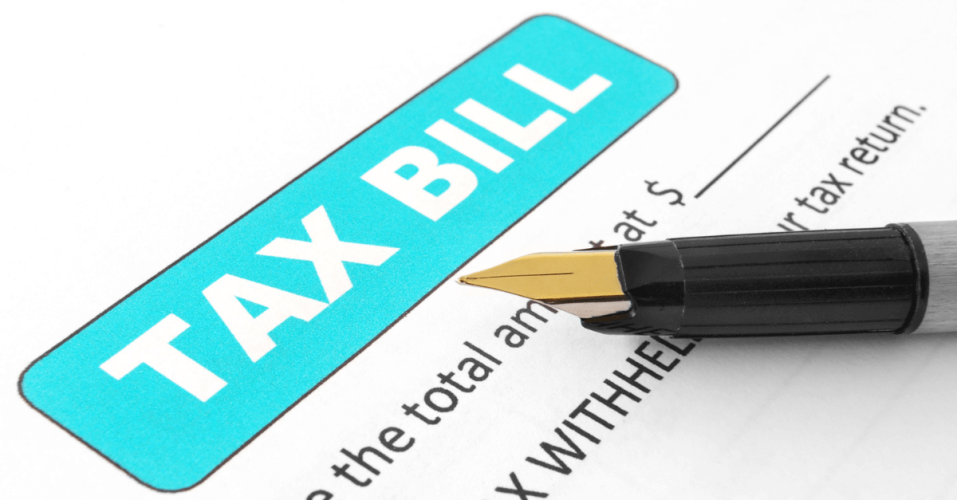Credit scores are a sign of your financial health. The better your credit scores, the more likely you’ll be able to borrow money at the most attractive rates and terms when you need it. Better rates mean you save money over time. How much money can a higher credit score save you? The amount you save depends on the size of the loan, but for large loans, a small difference in your interest rate can add up to thousands of dollars over the life of the loan.
Money Saved on a Mortgage
The money saved can be most noticeable on a mortgage. If you borrow $300,000 and finance it over 30 years at 4%, you’ll pay $215,608.52 in interest over the life of the loan. If you’re approved to finance it at 3.50% instead, you’ll pay $184,968.26 in total interest over the life of the loan. You end up with a savings of over $30,000 with a rate that is just a half percent lower.
Car Loan
The next biggest purchase you may make is a car loan. If you finance a car for $20,000 over 5 years at 5%, you’ll pay $2,645.48 in interest over the life of the loan. If your credit score gets you a rate of 4% instead, you’ll pay $2,099.83 in interest and save $545.65 in total interest.
Credit Cards
A good credit score can qualify you for credit cards at the best interest rate and terms as well as the best rewards. You may qualify for incentives such as travel points and cashback offers as well as an introductory 0% interest rate, which can add up to significant savings.
Other Benefits to a Good Credit Score
Borrowed money isn’t the only place you can save money by having a good credit score. You may be able to get better deals on a cell phone plan or insurance. Some landlords charge a smaller security deposit to tenants with good credit.
Boosting Your Credit Score
When you realize how much good credit matters, you may want to take steps toward boosting your credit score. The most important thing to do is pay your bills on or before the due date every month. If you have any accounts that are past due, work to get them caught up as soon as possible. Your total debt is another big factor in your credit score, so pay down your credit card balances if you can.
Is Your Credit Report Accurate?
Check your credit reports to make sure they’re reporting accurate information. Errors on credit reports are surprisingly common. When you review your credit reports, you may find errors such as wrong balances, accounts reporting as late that were never late, duplicate accounts, or accounts that don’t belong to you.
Dispute any errors you find as soon as you can. To make this as easy as possible, partner with Dovly, an AI credit engine. Dovly works with credit bureaus to correct misinformation, which can help to bring up your score. Try it risk-free with our free membership tier.



